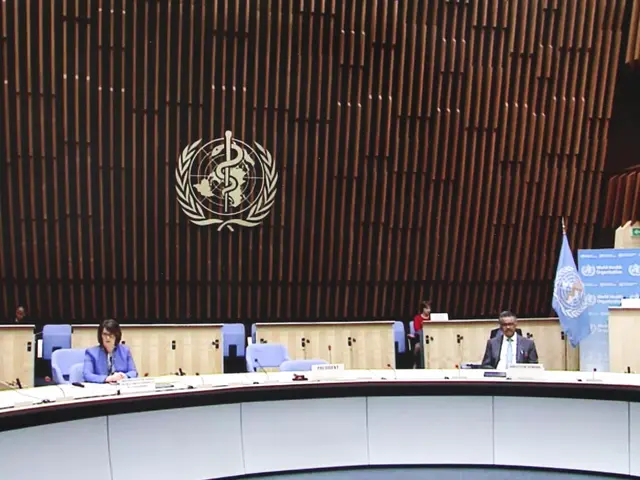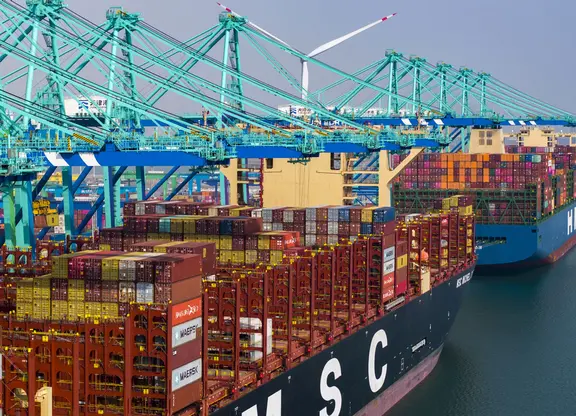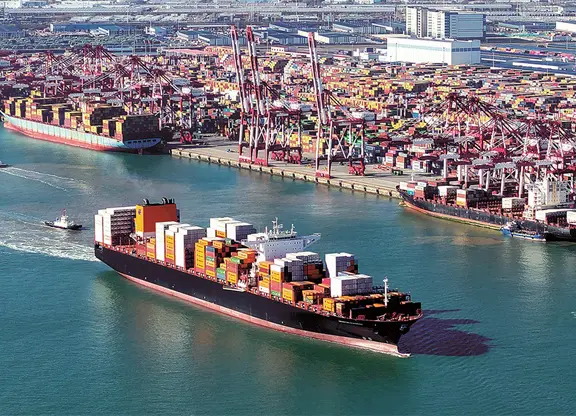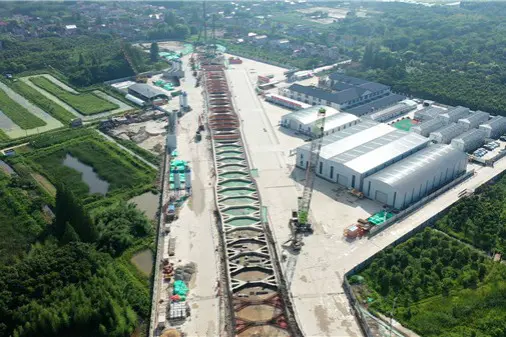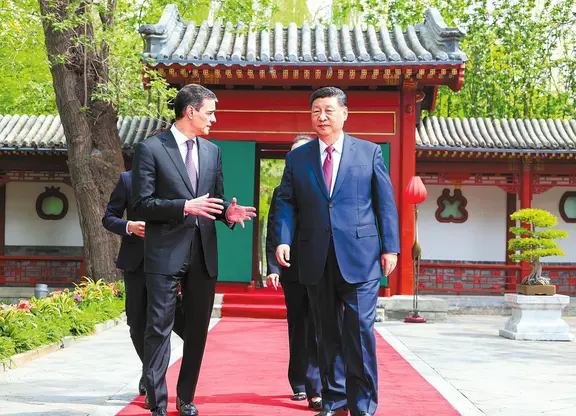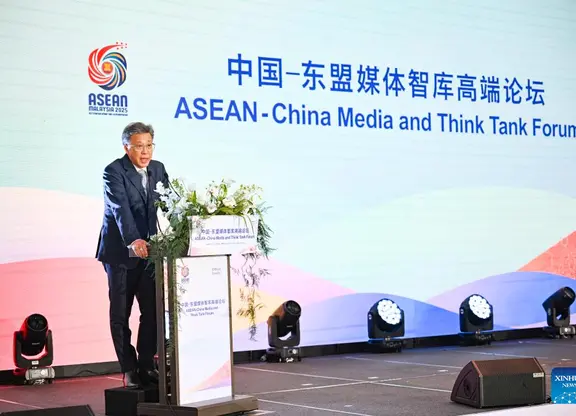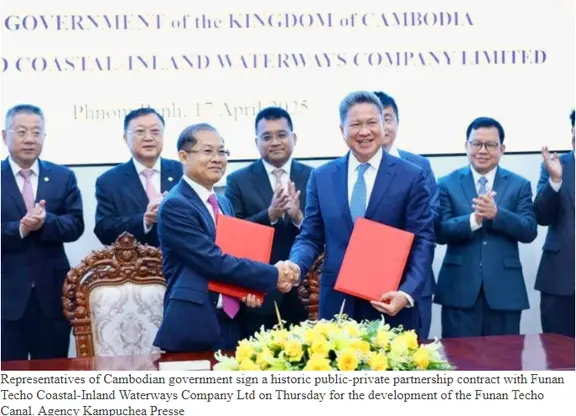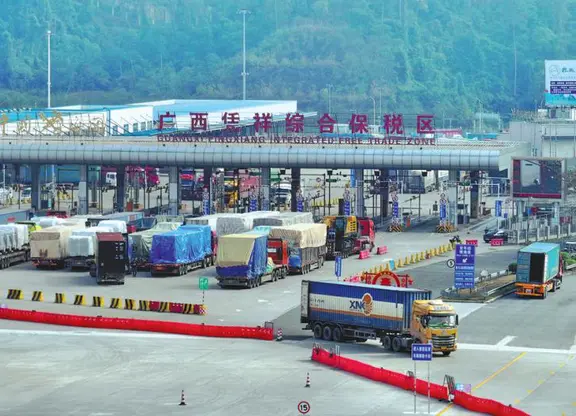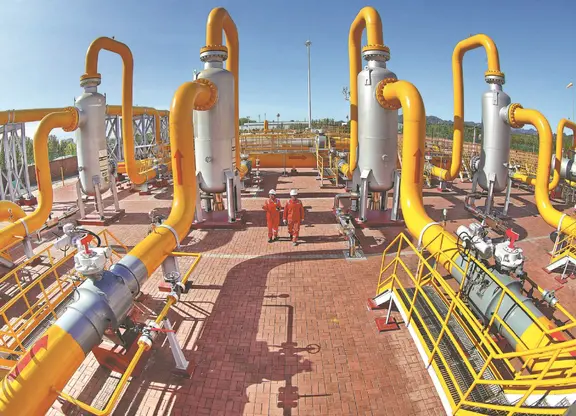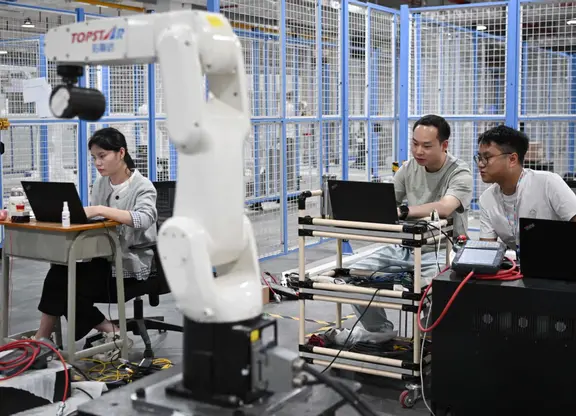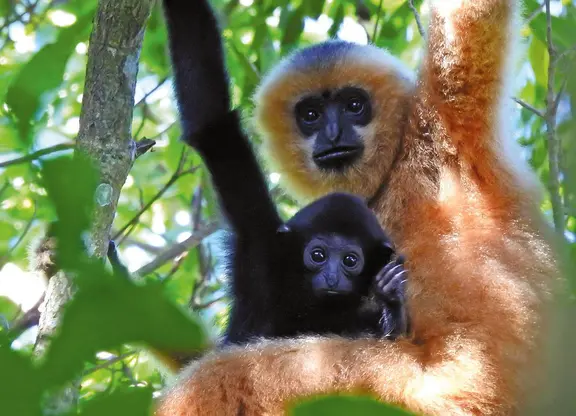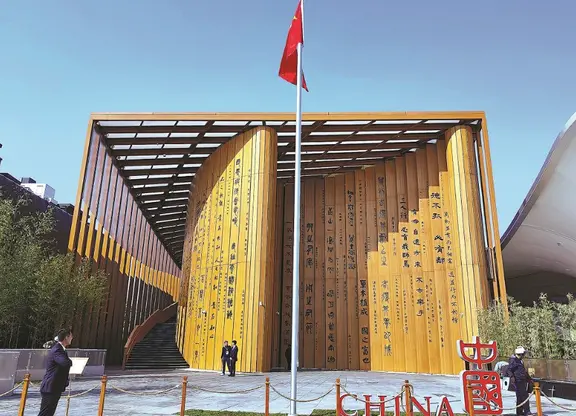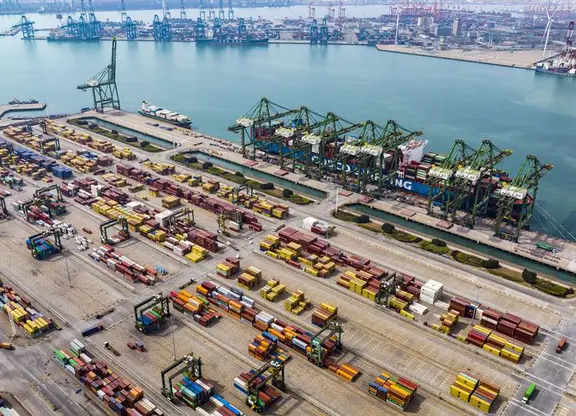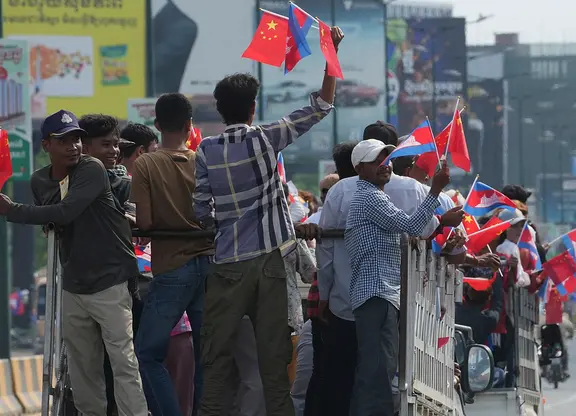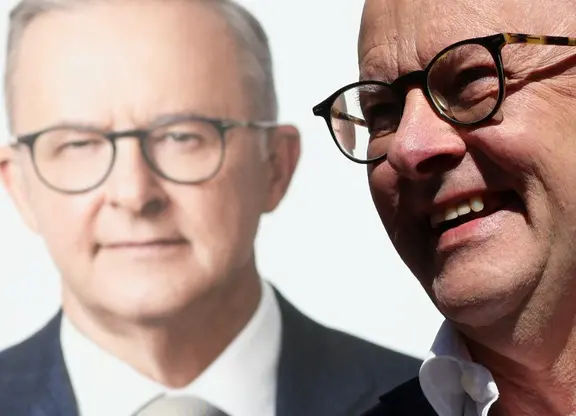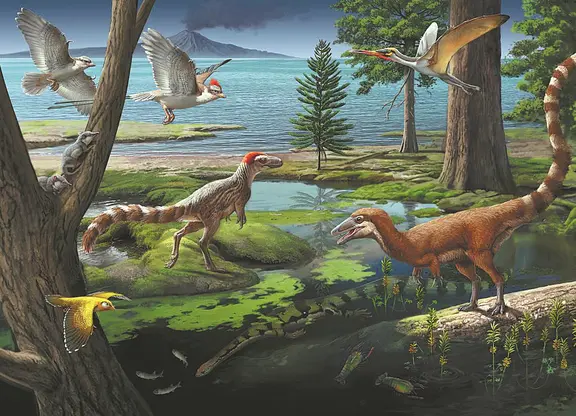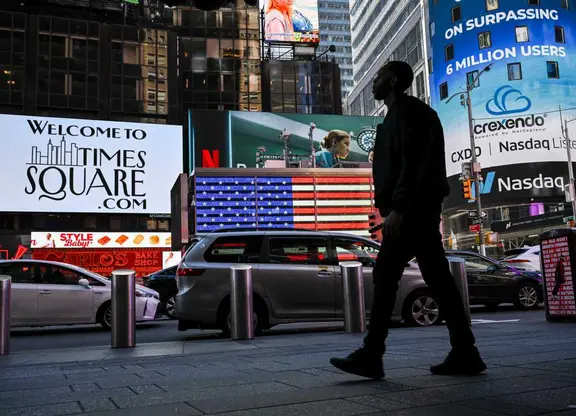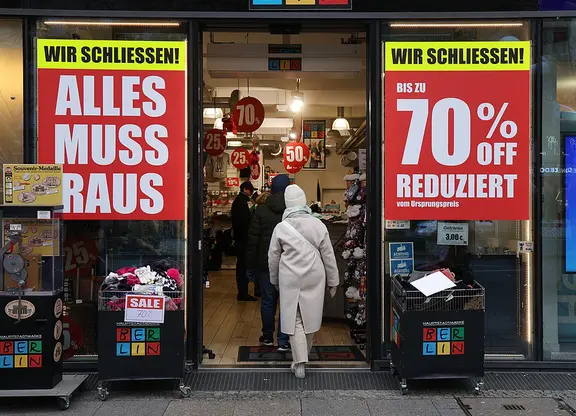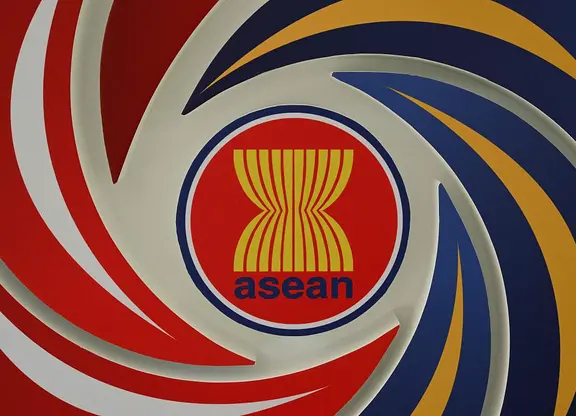As the global tally of COVID-19 cases tops 5 million, the international community has been mobilizing resources to help developing countries fight the pandemic.
Most notable is the research and development of the medicines and vaccines, as well as their availability and affordability.
When opening the 73rd World Health Assembly (WHA), UN Secretary-General Antonio Guterres reiterated the UN's call for a coordinated large-scale response led by the World Health Organization with emphasis on solidarity with developing countries and vulnerable people.
"Protecting the developing world is not a matter of charity or generosity but a question of enlightened self-interest. The global North cannot defeat COVID-19 unless the global South defeats it at the same time," he said.
Addressing the 73rd WHA opening via video link, Chinese President Xi Jinping announced concrete measures to boost global fight against COVID-19, such as providing international aid and making the country's COVID-19 vaccine a global public good when available.
"This will be China's contribution to ensuring vaccine accessibility and affordability in developing countries," Xi added.
The University of Oxford said it has reached a global licensing agreement with pharmaceutical company AstraZeneca for the commercialization and manufacturing of their potential COVID-19 vaccine.
If the Oxford vaccine is successful, "the agreement will deliver 100 million doses in total, ensuring that in addition to supporting our own people, we are able to make the vaccines available to developing countries at the lowest possible cost," said British Business Secretary Alok Sharma.
Financial support is also vitally important for developing countries to fight the pandemic as well as to recover their economies.
The Asian Development Bank said on Tuesday that it has approved a 300-million-U.S.-dollar emergency assistance loan to strengthen Pakistan's public health response to the pandemic and help meet the basic needs of the vulnerable and poor segments of society.
The World Bank announced on Wednesday that it had approved 107 billion shillings (1 billion U.S. dollars) for Kenya to address the COVID-19 fiscal financing gap and supports reforms that help advance the government's inclusive growth agenda, including affordable housing and support to farmers' incomes.
In the education field, the United Nations Children's Fund (UNICEF) on Wednesday announced a partnership deal with mobile operator Airtel Africa to help provide access to online learning to an estimated 133 million school-age children in 13 countries across sub-Saharan Africa, who are affected by school closures during the pandemic.
Last month, UNICEF and Microsoft announced the expansion of Learning Passport, a global learning platform to help children and youth continue their study at home, and Kosovo, Timor-Leste and Ukraine are the first to roll out their online curriculum through the platform.
 简体中文
简体中文

